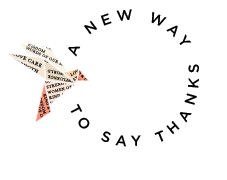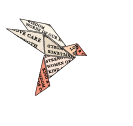
If not now, when?
Sherri T.
I realize, in retrospect, that it is never too late to say thank you. It is especially never too late to thank our mothers − or any special woman who has guided us in some significant way. Whether she is still on this earth or not.
In fact, I state this clearly at the end of my first blog in this Words of Our Mothers (WOOM) series. I could have also said: “If not now, when?”
Of course, I cannot claim credit for this phrase. Neither are they the words of a woman.
“If not now, when?” is the urgent question posed by Hillel, one of the greatest philosophers who ever lived. His words figure prominently in a text called Pirkei Avot (pronounced pir-kay ah-vote).
The book is translated as Ethics of The Fathers. In my home, that same text sat front and centre on a bookshelf with the title Words of Our Fathers.
Words of Our Fathers is a collection of ethical precepts to guide the world. They are the sayings, thoughts and expressions of ancient scholars, thinkers and philosophers.
While religious study and prayer weigh heavily in this text, it also presents a framework for a caring world. It focuses on how we should treat ourselves and others.
Show kindness.
Don’t be too quick to pass judgment and judge only after you have stood in that person’s place.
Be careful with your words and what you say.
The famous question “If not now, when?” is actually one of three. The trilogy reads as follows: “If I am not for myself, who will be for me? If I am only for myself, what am I? If not now, when?”
The great scholar Hillel was encouraging a fine balance between the pursuit of self-interest and service to others. And he wanted us to act sooner than later.
I honour and respect this tradition. But growing up, I remember wondering where are the Words of Our Mothers? They have equally deep wisdom that can also provide a moral compass.
Years later, I decided to answer my own question. I set out to seek and document the Words of Our Mothers. Now.

